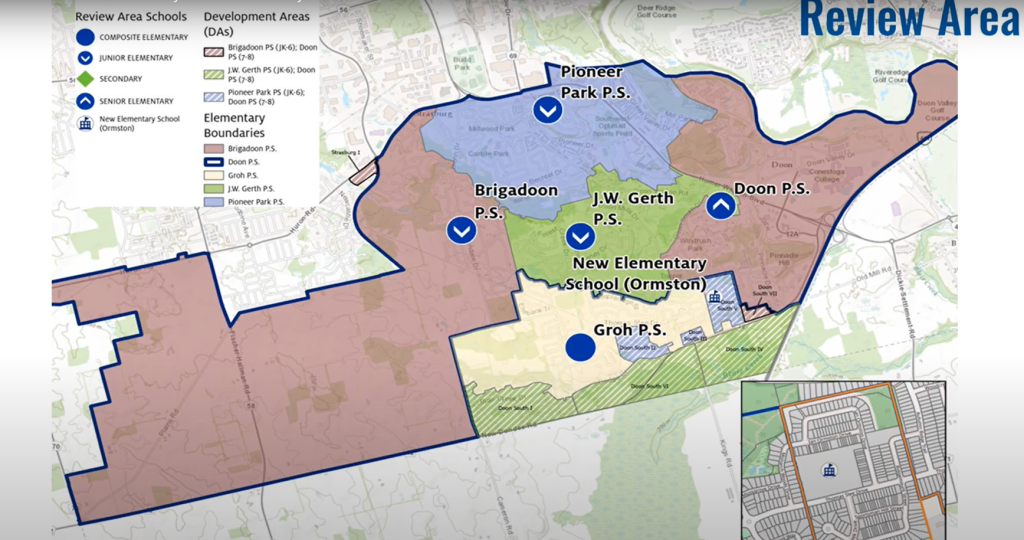Spending on overseas military operations set for steep dive: documents
Posted Feb 25, 2013 04:43:36 PM.
This article is more than 5 years old.
OTTAWA – “There’s no place like home” could become the battle cry of the Canadian military as spending on overseas operations is forecast to take a steep dive.
Internal Defence Department reports show total spending on foreign deployments could to drop to just $5 million in the 2014-15 fiscal year from the current anticipated level of $476 million.
The figures are contained in a June 1, 2012 financial report by the Department’s assistant deputy minister of finance. The report was obtained by The Canadian Press under the Access to Information Act.
Finance Minister Jim Flaherty has vowed to balance the budget by 2015. The records show that by then, the Harper government expects it will no longer be paying for the tear-down and clean-up of the Kandahar combat mission, nor the Afghan training mission in Kabul which is set to end early next year.
More significantly, it has not budgeted for any new operations, including a renewal of current peacekeeping missions and no contingency fund has been set aside.
The internal spending forecast notes that the tables are revised three times a year and officials note the government always has the option of adding money to the budget if cabinet decides to send the military somewhere.
But the figures are a dramatic illustration of the warnings sounded last week by Defence Minister Peter MacKay and the country’s chief of defence staff about the coming wave of fiscal austerity.
A separate set of estimates tabled in Parliament on Monday, ahead of this spring’s federal budget, shows the Harper government anticipates the overall defence spending will shrink in the coming year to $17.9 billion, down $2.3 billion from what was actually spent in 2011-12.
In 2008, the Conservatives promised the military they would deliver stable and predictable funding over 20 years, with annual two per cent budget increases every year after 2011.
But as figures tabled in last year’s budget showed the increase is more than offset by cuts elsewhere.
The country’s top defence commander made it clear at a two-day defence symposium last week that the military is bracing for a prolonged period of austerity.
“There is a budget to balance – and Defence must do its part” Gen. Tom Lawson said. “That is an immutable fact.”
A spokesman for the minister said reductions were to be anticipated after the Afghan war.
“Canada ended its combat mission in Afghanistan in 2011 and will end its military training mission in 2014,” said Jay Paxton.
“Naturally taxpayers would no longer be absorbing the costs associated with our training mission to Afghanistan when the deployment of our military members is complete.”
But Liberal defence critic John McKay said it’s clear the Harper Conservatives are ratcheting back the country’s involvement in the world after years of railing that the foreign policy of previous governments didn’t have enough military muscle.
He pointed to additional cuts in both diplomacy and international development.
“Apparently when the Liberals do fiscal reality, it’s a decade of darkness, but when Conservatives do it, what is it? A decade of doofus?” McKay said.
“All of this means Canada will be a diminished presence on the world stage.”
McKay said he accepts the winding down of involvement in Afghanistan would mean a significantly reduced operations budget. But an absence of planning for — or even anticipating — future missions, both at home an aboard, is a colossal mistake.
The Conservatives have made much of the uncertainty in the world and common sense would dictate they should set have a contingency fund for unexpected deployments, McKay said.
“It’s stupid fiscal planning,” he said. “Any realistic budget I’ve seen always has a contingency set aside for things that just reasonably can’t be anticipated.”
The net effect of not anticipating future deployments is that the military will have to scramble to find the funds when something does happen.
The government funded much, but not all, of Afghanistan through special appropriations.
National Defence was forced to raid some of its program budgets in order to cover the difference.










